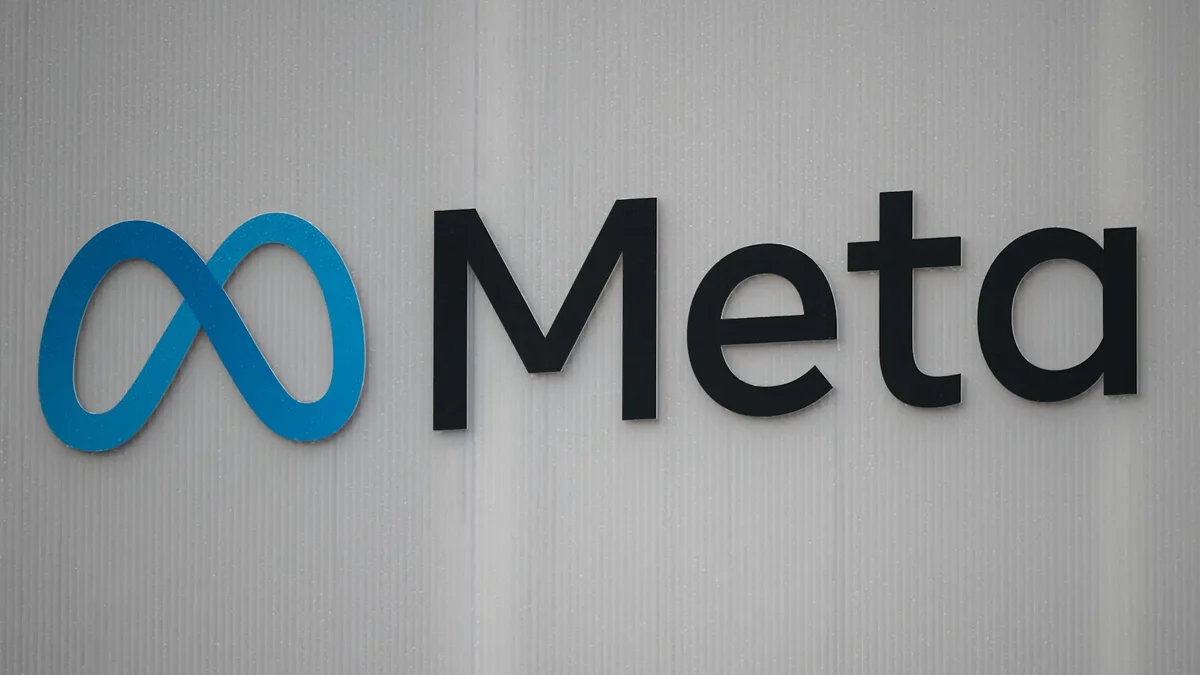Necessary Always Active
Necessary cookies are required to enable the basic features of this site, such as providing secure log-in or adjusting your consent preferences. These cookies do not store any personally identifiable data.
|
||||||
|
||||||
|
||||||
|

Mark Zuckerberg shocked everyone with a decision to stop Meta’s fact-checking program. According to Reuters, this policy reversal in Meta aims to reduce curbs on the discussions of topics like immigration and gender identity. The technology company thinks that regulatory and political changes are necessary as Donald Trump returns to the Presidency.
It is one of the major changes in Meta’s policy as the CEO Mark Zuckerberg intends to end the Meta vs Trump debate. These changes will affect the biggest social media platforms in the world i.e. Facebook, Instagram, and Threads. Recently, Meta also appointed Joel Kaplan as the new Global Policy Officer as the tech giant aims to make better relations with the new President.
The Meta fact-checking program was launched to stop the spread of misinformation, particularly during elections and public health crises. By putting it on hold, Meta has a growing problem in balancing free speech with its responsibility to keep information accurate on its platforms.
The suspension of the fact checking program marks a shift for Meta towards less strict regulation regarding content. Criticism about the Meta’s move to roll out the fact-checking program, argued that such policies might mean leaving open opportunities for uncurated information circulation.
According to Meta, this decision falls within its pursuit of adapting to shifting regulatory landscapes. Critics say this is yielding to political pressures, particularly now that the heat is mounting between Meta and Trump in their battle over moderation policies the company previously employed.
Zuckerberg said in a video, “We’ve reached a point where it’s just too many mistakes and too much censorship. It’s time to get back to our roots around free expression.”
When Trump was asked about the suspension of Meta’s fact checking program, he said, “They have come a long way – Meta. The man (Zuckerberg) was very impressive.”
Suspension of Meta’s fact-checking program suggests a larger shift in the changing political landscape among social media firms, which review their policies more frequently. Meta’s decision would have long-term implications for the reputation of Meta and its management of misinformation.
According to critics, any such Meta policy change will serve to undermine the public’s trust in the company’s commitment toward transparency and accountability. With these political dynamics playing out, other platforms will similarly follow Meta’s move as they look to deal with identical concerns.
Meta’s decision to suspend its fact-checking program marks a landmark shift in how it handles content moderation. Amid the Trump administration’s influence in tech policy, the move illustrates the precarious line social media must walk between serving regulatory requirements and public trust.
The debates over Meta vs. Trump will go on, but the impact of policy-shifting for the future of misinformation management and free expression online will be furthered scrutinized.